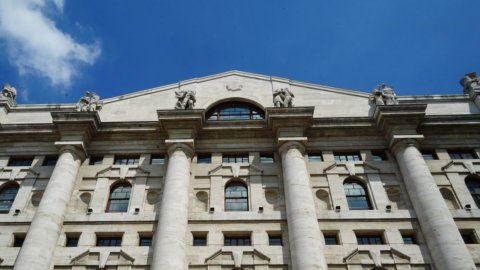A regulatory intervention is needed "to manage the legacy of NPLs" that still weigh on bank balance sheets. This is the message launched today by Mario Draghi, president of the ECB, during a hearing in the European Parliament. The theme is the focus of a controversy between the Eurotower and the Italian authorities after the president of the Supervision of the ECB, Danièle Nouy, announced new stringent regulations on NPLs arriving from 2018.
The central banker then reiterated that inflation will drop in the coming months, which is why it is necessary for Frankfurt to continue with its monetary stimulus programme, postponing the first rise in interest rates well beyond the end of the quantitative easing.
“Despite the solid recovery, the dynamics of inflation have yet to show convincing signs of a self-sustained upward trend – Draghi said during the hearing – inflation was at 1,4% in October and is expected to decline temporarily towards the end of 2017-beginning of 2018 mainly due to an energy component weaker".
The Eurotower number one then underlined that "the recalibration of policies for the period beyond the end of 2017 intends preserve the degree of monetary stimulus still needed to ensure a sustained return of inflation rates towards levels close to but below 2% over the medium term”.
For this "key rates they will remain unchanged” and the ECB “expects them to remain at current levels for an extended period of time and well beyond the horizon of the bond purchase programme”, added Draghi.
On the other hand, for Draghi the current context of economic recovery in the euro area ensures "a unique opportunity to reduce the likelihood of serious shocks, strengthening the economic structures of the member countries, with policy interventions both at a budgetary and structural level . At the same time, strengthening the resilience of the Economic and Monetary Union also implies strengthening our common institutional mechanism in order to prevent and manage shocks”.





